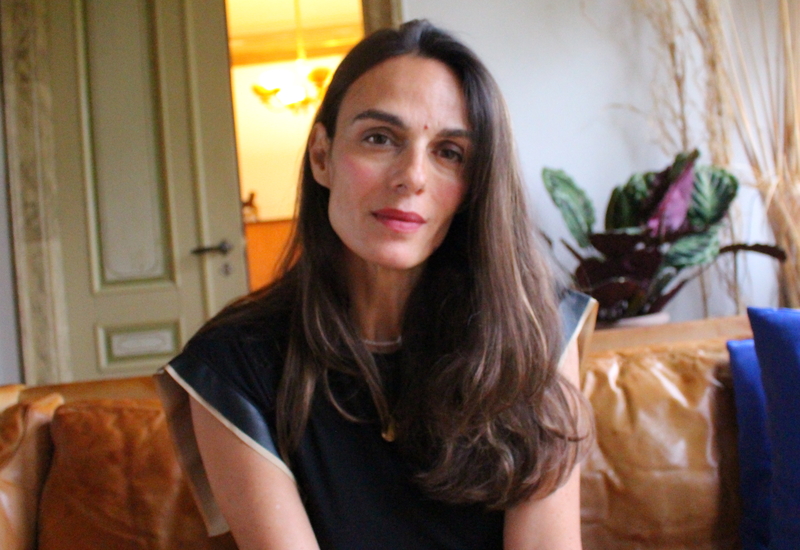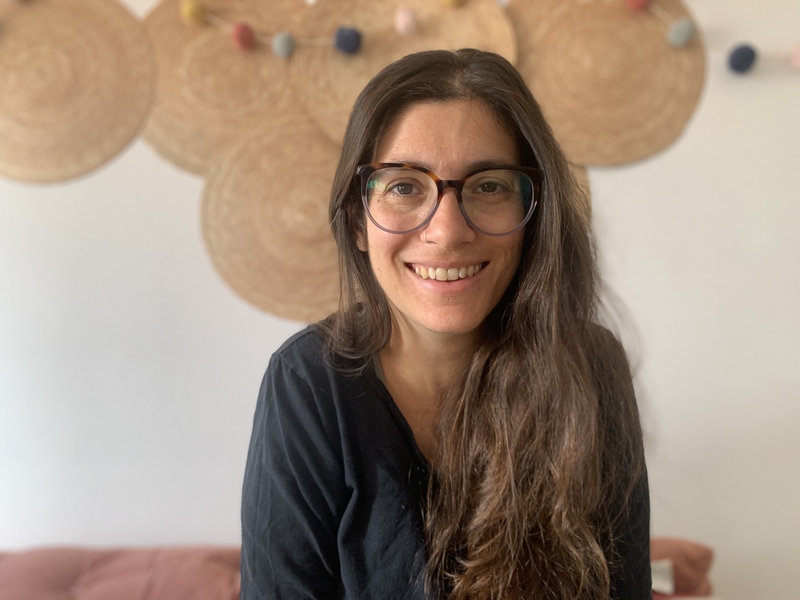Cristina Guzmán is a specialist in Intellectual Property Law and Data Protection Law. After gaining her law degree at the University of Barcelona (UB), she enrolled in the Intellectual and Industrial Property Law Master’s degree at the Il·lustre Col·legi de l'Advocacia de Barcelona (ICAB). She is currently the Head of Data Protection and Transparency at the Universitat Politècnica de Catalunya (UPC). Also, she is a member of the Ethics Committee of the UPC, as a Data Protection Officer.
A regular attendant at seminars and conferences in relation to Intellectual and Data Protection Law, she participated as a lecturer in the IV Open Science Conference 2023 at the UPC with her paper ‘Ethics in data’. She is invited every year as a speaker in different editions of the Digital Law courses of the Grupo de la Abogacía Joven (GAJ) in the field of Intellectual Property. She is a member of the Spanish Professional Privacy Association (APEP) and participates in different specialized groups on ethics, data, and the impact of AI on fundamental rights.
 Manuela Battaglini
Manuela Battaglini
Manuela Battaglini is a strategic digital marketing specialist, lawyer and a researcher in AI ethics. She works in the field of digital ethics, studying the social impact of automated decision making and personal profiling in society. She is also the CEO of Transparent Internet, a consultancy that helps companies make their AI systems ethical, transparent and trustworthy. A few years ago, she decided to combine her legal skills with her knowledge of strategic marketing and communication to focus on digital ethics.
As a result of this research activity, Manuela Battaglini was called upon by the Spanish government as a digital ethics consultant, among other experts, to advise the Secretary of State for Digitalization and Artificial Intelligence (SEDIA) on the implementation of the RADAR COVID application in the pilot project developed on the island of La Gomera (Canary Islands). The experience was very successful and an article was written and published in Nature Communications.
A month later, together with another group of experts appointed by the government, she was called to define the Spanish Charter of Digital Rights, where she leads the working group on data ethics. Manuela Battaglini is part of a multidisciplinary group of academics, engineers, data scientists, philosophers, lawyers and ethicists focused on researching the ethical and legal issues of technology and its impact on society. She is a frequent speaker and advises governments and public administrations on digital ethics and the social impact of technology.
 Atia Cortés (Moderator)
Atia Cortés (Moderator)
Atia Cortés is a computer engineer, with a master's and a Ph.D. in Artificial Intelligence (AI) from the Universitat Politècnica de Catalunya (UPC). Currently, she is a postdoctoral researcher at the Barcelona Supercomputing Center, where she is also part of the executive board of the Bioinfo4Women program. Between 2017 and 2020, she was an associate professor at the UPC, teaching in the Computer Science degree and the AI master's program. She has worked on various research projects funded by the European Union, as well as national projects, in the field of AI, particularly applied to assistive technologies and health. In recent years, her research has focused on studying the ethical, legal, socio-economic, and cultural (ELSEC) aspects of AI. She has also served as an advisor on evaluation committees and working groups related to ELSEC-AI.
 Short Bio of the Speakers
Short Bio of the Speakers

 Manuela Battaglini
Manuela Battaglini Atia Cortés (Moderator)
Atia Cortés (Moderator)